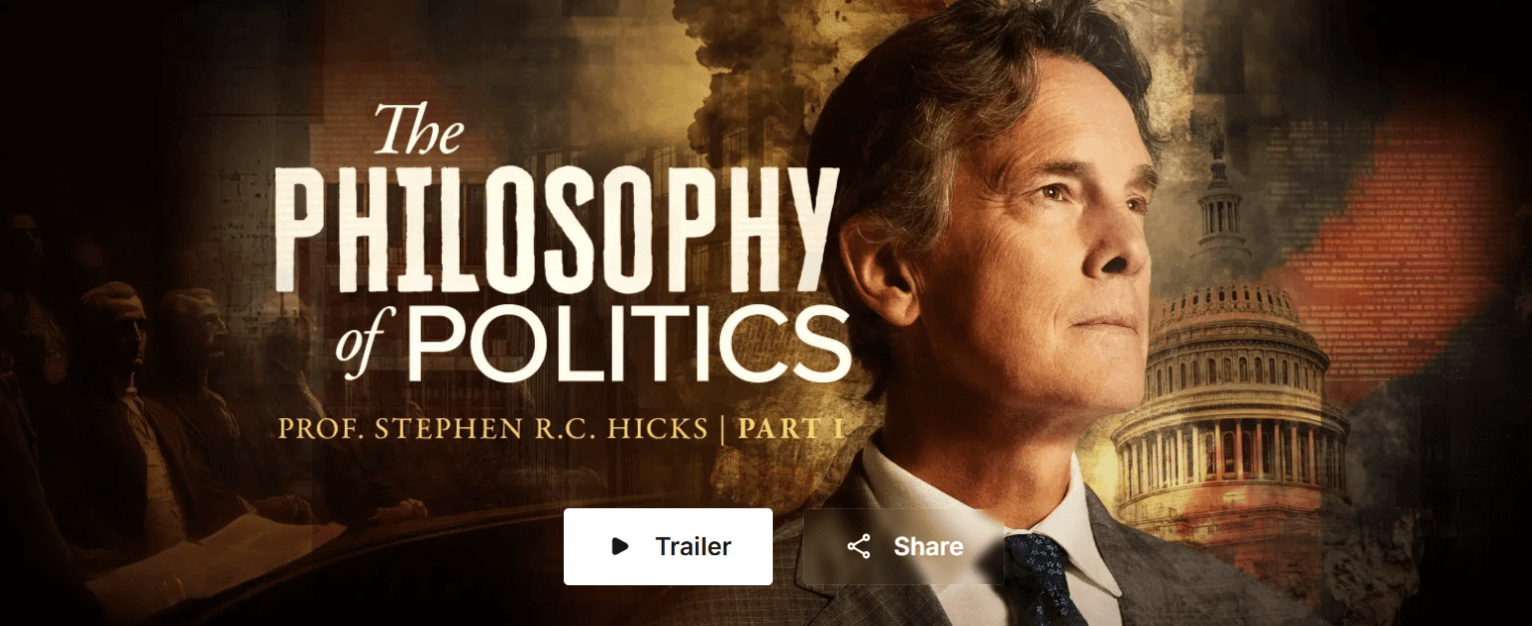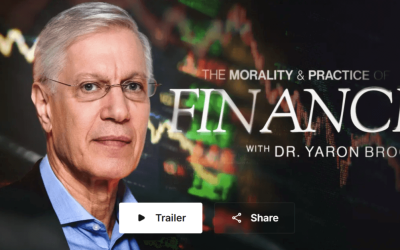🌟 New Year Offer 🌟
Celebrate 2025 with 30% OFF on all products! Use code: NEWYEAR2025. Hurry, offer ends soon!
A nine-hour course, Dr. Stephen Hicks takes us through the development of political philosophy from the late 18th to the early 20th century, focusing on key thinkers and movements that shaped the modern world.
File Size: 9.305 GB.
Format File: 8 MP4, 8 SRT, 9 TXT.
Peterson Academy – Stephen Hicks – The Philosphy of Politics – Part I

Dr. Stephen R. C. Hicks
Philosopher
In The Philosophy of Politics Part 1, a nine-hour course, Dr. Stephen Hicks takes us through the development of political philosophy from the late 18th to the early 20th century, focusing on key thinkers and movements that shaped the modern world. We examine the conservative response to the French Revolution, the rise of German idealism and Marxism, the defense of liberalism in Victorian England, and the emergence of pragmatism in America. The course concludes with an analysis of the philosophical foundations of fascism and Nazism and the competing economic theories that arose in response to the Great Depression.
Lectures

- Revolutionary Danger
In our introductory lecture, Dr. Hicks presents the French Revolution as a cautionary example of how radical political change can go wrong, leading to violence, instability, and collapse. Together, we consider Edmund Burke’s conservative critique, which argues that meaningful reform must be rooted in tradition and gradual evolution rather than abstract ideals. The lecture explores Burke’s view that liberty depends on established institutions and inherited wisdom, raising enduring questions about the proper pace and nature of political reform.

- Hegel and the State
In lecture two, we study the rise of Germany as the leading philosophical nation in the early 19th century, focusing on Georg Hegel’s political philosophy. We examine Hegel’s rejection of individualism, equality, and democracy in favor of a state-centered philosophy where individuals exist to serve the state, which he views as the manifestation of God’s will on Earth. Dr. Hicks traces how Hegel’s ideas about the state as an ethical organism, his belief in Germany’s destined role in world history, and his integration of church and state would profoundly influence German political thought and have lasting implications for the next two centuries.

- Engels and Marx
In lecture three, we learn about Friedrich Engels’ visit to industrial England and its impact on the development of Marxist thought. We examine how the Industrial Revolution brought both economic growth and deep social problems, including poor working conditions and class conflict. These realities shaped Karl Marx’s materialist critique of capitalism, culminating in his arguments that history is driven by class struggle. Dr. Hicks links these ideas to their broader impact, showing how they influenced major 20th-century political movements and conflicts, including the Russian Revolution and World War II.

- Mill on Liberty
In lecture four, Dr. Hicks explores England’s role as a leading Enlightenment nation and the liberal response to rising anti-liberal ideologies by the mid-1800s, focusing on John Stuart Mill as the era’s foremost liberal thinker. We trace liberalism’s key achievements—religious tolerance, women’s rights, anti-slavery, rising prosperity, and expanded education—while examining concerns about conformity and the appeal of nationalism and socialism. Mill defends individual freedom as the cornerstone of a healthy society, arguing it should only be limited to prevent harm to others, in contrast to ideologies that prioritize the collective over the individual.

- Pragmatic Democracy
In lecture five, we analyze America’s contribution to political philosophy at the turn of the 20th century through the pragmatist thinkers William James and John Dewey, who pioneered a distinctly American approach emphasizing practical results over abstract theory. We explore James’ proposal to redirect humanity’s warrior instincts toward civilian service and his call for a moral framework based on collective duty. The lecture concludes with Dewey’s argument that philosophy should embrace social change, viewing democracy as a dynamic process where individuals are shaped through education and shared experience, rather than as a system that simply protects individual rights.

- Fascism and Force
In lecture six, we explore the origins and development of fascism as a political philosophy, focusing on its emergence in Italy through Benito Mussolini. We examine how fascism set itself apart from other ideologies with a totalitarian vision that subordinated individual interests to the state, viewing society as an organic whole in which citizens served national purposes. The lecture concludes by highlighting fascism’s embrace of war, rejection of individualism and pacifism, and its corporatist model aimed at unifying social groups under full state control.

- A Darker Turn
In lecture seven, Dr. Hicks examines the philosophical foundations of Nazi Germany and how German intellectuals in the 1920s and 1930s laid the ideological groundwork for Hitler’s rise. We explore thinkers like Oswald Spengler and Arthur Moeller van den Bruck, who responded to Germany’s defeat in World War I by framing the conflict as a clash between German collectivism and Western liberalism. The lecture also focuses on Martin Heidegger, the era’s leading philosopher, who promoted a vision of national destiny, collective identity, and the rejection of both liberalism and communism—showing how complex philosophy can be used to justify totalitarianism.

- Markets and the Middle Path
In our eighth and final lecture, Dr. Hicks highlights the economic and philosophical debates surrounding the Great Depression, focusing on competing views that blamed either unrestrained capitalism or excessive government intervention. We examine John Maynard Keynes’ call for a middle path, advocating strategic state involvement in key sectors to stabilize the economy. The lecture concludes by contrasting Keynesian interventionism with Friedrich Hayek’s defense of free-market capitalism, emphasizing his belief that decentralized knowledge and individual planning are more economically efficient than central government planning.
Course Features
- Lecture 0
- Quiz 0
- Duration 10 weeks
- Skill level All levels
- Language English
- Students 47
- Assessments Yes





